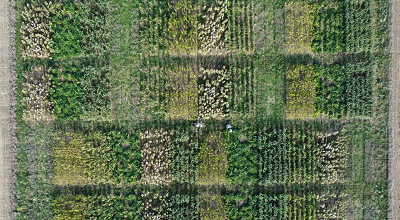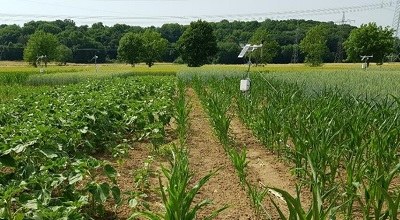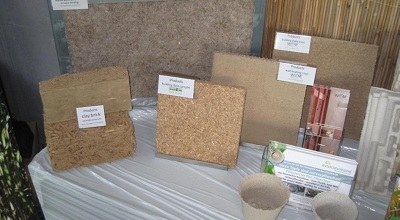- In the acquisition of non indigenous genetic resources under the Convention on Biological Diversity, crop adaptation and eco-physiology, meteorological measurement, phenotyping and empirical crop modelling (non AI!), conventional plant breeding, conventional agronomy, adapting agricultural machinery and carbon farming.
- I have worked for over 30 years on C4 perennial biomass grass ‘Miscanthus’ from Eastern Asia and on the quantification of land-use change on Greenhouse gas emissions. Miscanthus combines high yields, high nitrogen and high water use efficiencies associated with C4 photosynthesis with a perennial subterranean rhizome.
|
- To integrate annual and perennial crops into farming systems to deliver food, feed, fuel and biomass for fibre products whilst delivering the following crucial landscape ecosystem services: reductions in soil erosion, habitat for biodiversity, high water use efficiency and low nutrient losses.
- To find continuous support breeding of non-commodity perennial crops with market failure.
- To transition from a glyphosate dependent agronomic system to a glyphosate free farming system.
- To make more informed choices on land use and policy recommendations.
|
- To develop strip cropping systems with perennial and annuals to enhance the landscape and provide food, feed and biomass and ecosystem services.
- To continue to develop perennial multi-purpose crops with C4 photosynthesis for Europe and elsewhere in the world to provide sustainable food, feed and biomass for industrial products.
- To create new process descriptions and empirical parameters to improve our understanding of Genetic X Environment interactions to enhance the precision of accuracy of crop yield models for specific crops and environments.
- To develop new biomass value chains.
- To explore the costs and benefits of diverse production and biomass value chains with Life cycle assessment (LCA) and Technoeconomic assessment (TEA).
|




